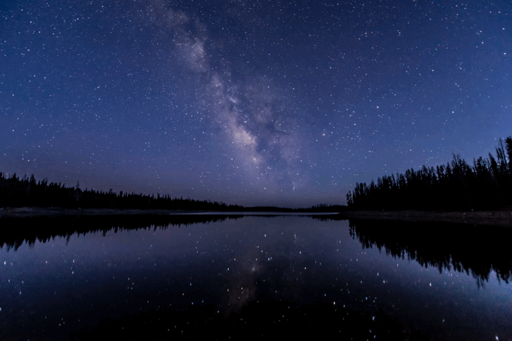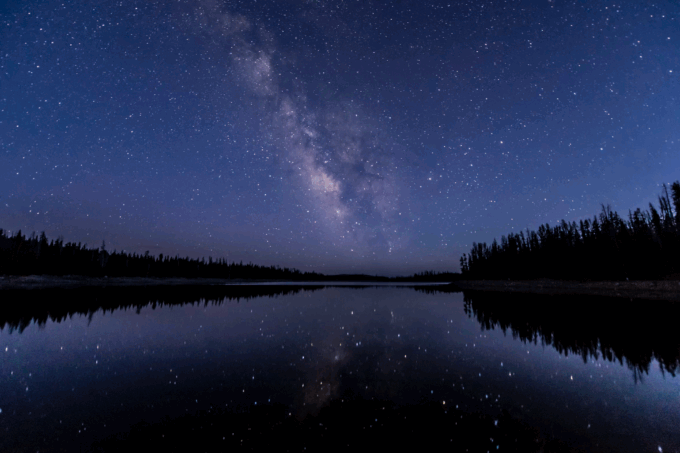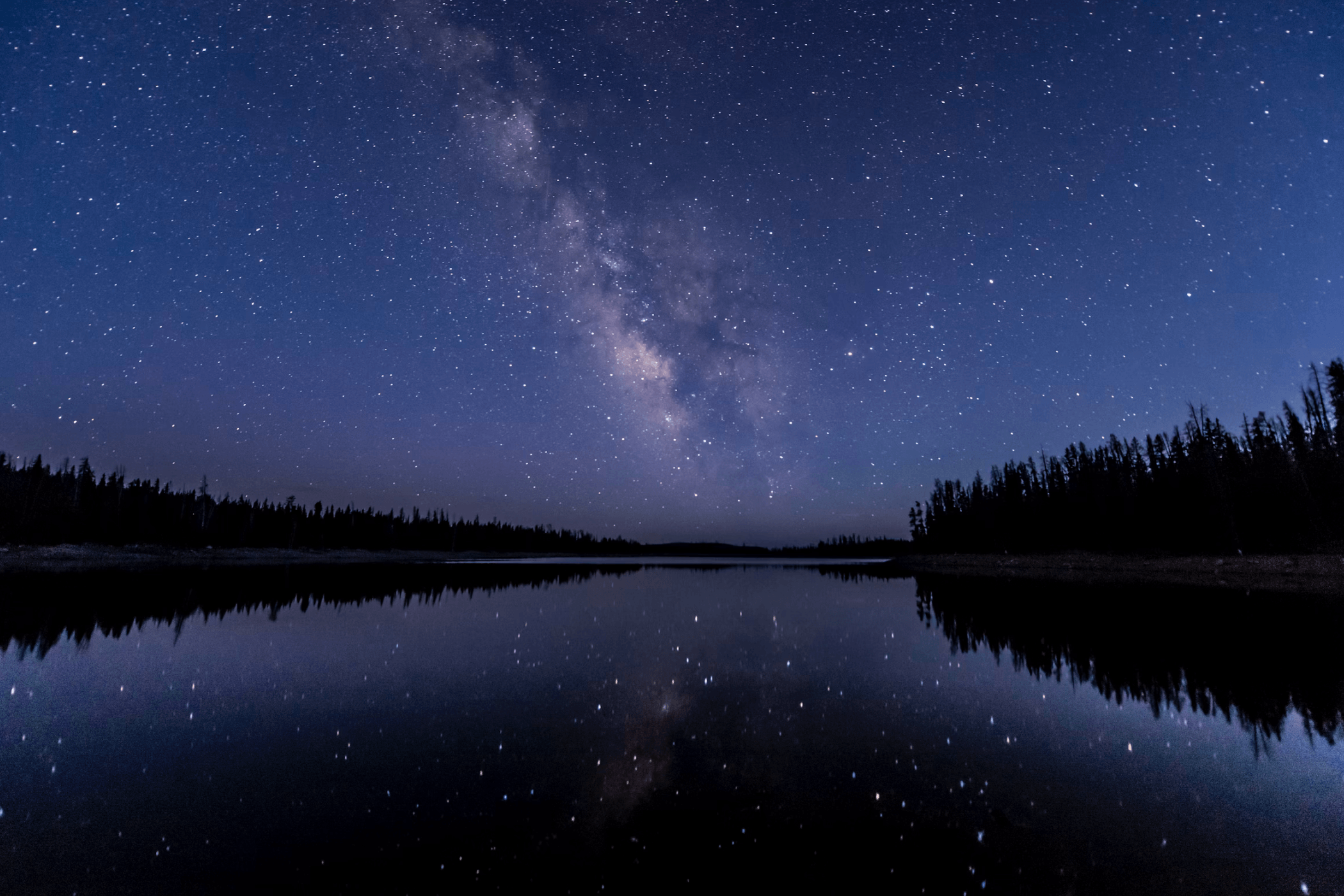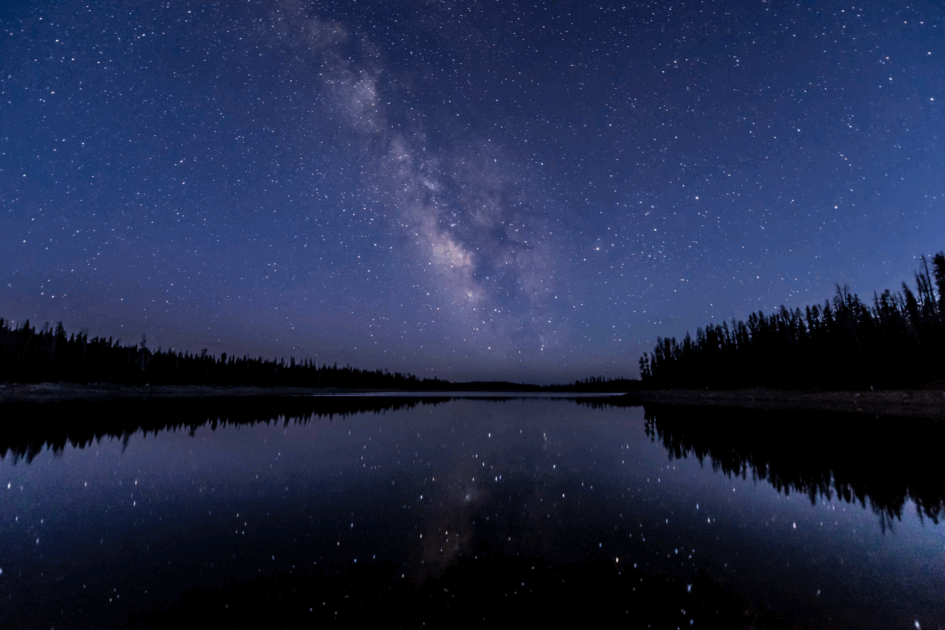Photo by Jackson Hendry
Twenty-four-hour news networks have demonstrated that surfeit kills discretion. The search for fillers, distractions and items that will titillate, enrage or simply sedate, is an ongoing process. Gone are the days when discerning choices were made about what constituted worthy news, an admittedly difficult problem that would always lead to priorities, rankings and judgments that might well be challenged. At the very least, news could be kept to specific time slots during the day, meaning that audiences could, at the very least, be given some form of rationing. Such an approach culminated in that most famous of occasions on April 18, 1933 when the BBC’s news announcer declared with a minimum of fuss that “There is no news.” This was followed by piano music playing out the rest of the segment.
On the pretext of coming across as informed and enlightened, such networks have also bought into astrology masquerading as sound comment. The commentators are intended to lend an air of respectability to something that either has not happened, or something they have little idea about. Their credentials, however, are advertised like glitzy baubles, intended to arrest the intelligence of the viewing audience long enough to realise they have been had.
Sky News Australia is one such cringing example. The premise of The War Cabinet, which aired on August 11, was clear: those attending it were simply dying for greater militarism and war preparedness on the part of the Australian government, while those preferring diplomacy would be treated like verminous denialists yearning for some sand to bury their heads in. The point was less a matter of news than prediction and speculation, an exercise of mass bloviation. To lend a war time flavour to proceedings, the event was staged in the Cabinet Room of Old Parliament House, which host Chris Uhlmann celebrated as the place Australia Prime Minister “John Curtin and his ministers steered the nation through World War II.” Former ministers, defence leaders, and national security experts were gathered “around the Cabinet table to answer a single question: is Australia ready for war?”
The stale view from Alexander Downer, Australia’s longest and, in many ways, most inconspicuous foreign minister, did little to rustle or stir. Liberal democracy, to be preserved in sacred glory, needed Australia to be linked to a “strong global alliance led by the United States”. That such an alliance might itself be the catalyst for war, notably given expectations from Washington about what Australia would do in a conflict with China, was ignored with an almost studious ignorance. Instead, Downer saw quite the opposite. “If this alliance holds, if it’s properly cemented, if it is well-led by the Americans… and if we, as members of the alliance, are serious about making a practical contribution to defence through our spending and our equipment, then we will maintain a balance of power in the world.”
His assessment of the current Albanese government was one of some dottiness. “I think the government here in Australia has made a major mistake by playing, if you like, politics with this issue of the dangers of the region and losing the balance of power because they don’t want to be seen as too close to President Trump.” Any press briefing from Defence Minister Richard Marles regarding the anti-China AUKUS pact would ease any anxiety on Downer’s part. Under the Albanese government, sovereignty has been surrendered to Washington in a way so remarkable it could be regarded as treasonous. While the Royal Australian Navy may never see a single US nuclear powered submarine, let alone a jointly constructed one, US naval shipyards are rolling in the cash of the Australian taxpayer.
Former Labor Defence Minister, Joel Fitzgibbon, lamented that Australia’s strategic outlook in the Indo-Pacific was “deteriorating rather markedly,” a formulation utterly vague and a mere parroting of just about every other hawkish analyst that sees deterioration everywhere. Thankfully, we had Strategic Forum CEO Ross Babbage to give some shape to it, which turned out to be that ragged motif of the Yellow Horde to the North readying to strike southwards. The Oriental Barbarians with a tinge of Communist Red were primary reasons for a worsening strategic environment, aided by their generous military expenditure. With almost a note of admiration, Babbage felt that China was readying for war by adjusting its economy and readying its people “for tough times that may come”.
The venal, ever noisy former Home Affairs Department Secretary Mike Pezzullo, who has an unhealthy appetite for warring matters, drew upon figures he could not possibly know, along with everybody else who have tried to read the inscrutable entrails of international relations. Chances of conflict in the Indo-Pacific by 2027, for instance, was a “10 to 20 per cent” likelihood. Sky News, living down to its subterranean standards, failed to mention that Pezzullo had misused his position as one of Canberra’s most powerful bureaucrats to opine on ministerial appointments via hundreds of private text messages to Liberal Party powerbroker Scott Briggs. The Australian Public Service Commission found that Pezzullo had, among other things, used his “duty, power, status or authority to seek to gain a benefit or advantage for himself” and “failed to maintain confidentiality of sensitive government information” and “failed to act apolitically in his employment”. His employment was subsequently terminated, and his Order of Australia stripped in September last year. Fine credentials for balanced commentary on the strategic outlook of a state.
Other talking heads were keen to push spine tingling prospects of wicked regimes forming alliances and making mischief. Oleksandra Molloy, billed as an aviation expert, thought the “emerging axis” between Russia, North Korea and Iran “quite concerning”. Former naval officer and defence pundit Jennifer Parker urged the fattening of the defence budget to “develop a degree of autonomy”.
Retired Australian Army major general Mick Ryan was most unimpressed by the “zero risk” mentality that seemed to pervade “pretty much every bit of Australian society”. The Department of Defence needed to take greater risks in terms of procurement, innovation and reducing “the amount of time it takes to develop capability”. His fantasy was positively Spartan in its military totalitarianism: an Australian state nurturing “a spirit of innovation that connects military, industry and society”. The cry for conscription must be just around the corner.
Chief war monger and think tanker Peter Jennings aired his all too familiar views on China, which have become pathological. “It is utterly false for our government to say that somehow they have stabilised the relationship with China. Things may have improved on the trade front, but that is at the expense of ignoring the strategic developments which all of our colleagues around the table have spoken about, which is China is positioning for war.” And there you had it: an hour of furious fretting and wailing anxiety with all figures in furious agreement, with a resounding boo to diplomacy and a hurrah for astrology.
The post Warmongering Astrologers: Sky News and The War Cabinet appeared first on CounterPunch.org.
From CounterPunch.org via this RSS feed






